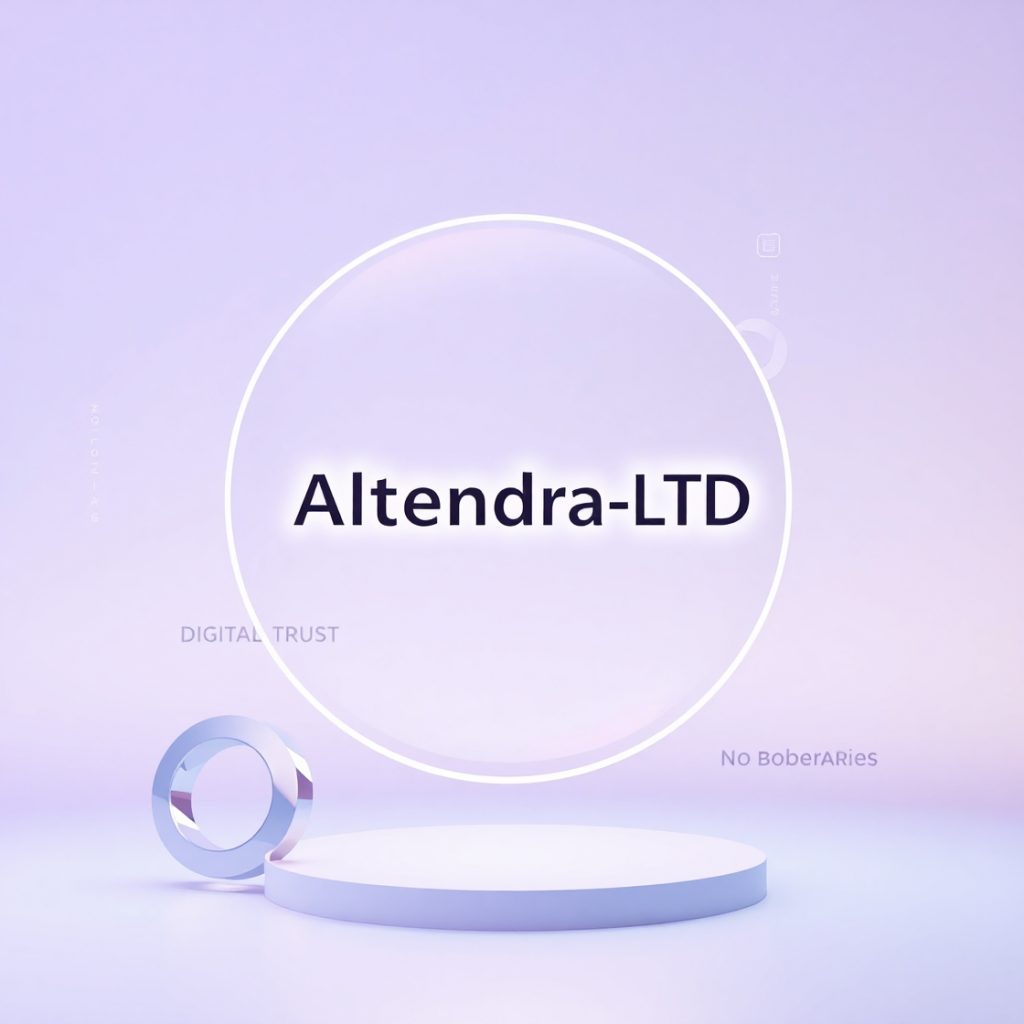Will the Travel Rule Really Stall Pure Crypto Swaps? Not So Fast

Executive Summary
Since the Financial Action Task Force (FATF) updated Recommendation 16 in 2019, pundits have warned that the Travel Rule would smother non‑custodial exchanges and wallet‑to‑wallet transfers. Four years later, the data tell a different story: outside a handful of high‑risk corridors, the rule affects barely one in every ten crypto‑to‑crypto swaps. This report unpacks the numbers, highlights edge cases, and explains why platforms such as altendra‑ltd have largely sidestepped the red tape.
1. What Counts as a “Covered Transfer”?
Under FATF guidance, a transfer triggers the Travel Rule when both originator and beneficiary are served by regulated Virtual‑Asset Service Providers (VASPs). If either side self‑custodies, the rule generally doesn’t apply. The decision tree is surprisingly short:
That binary logic drastically narrows the universe of reportable crypto swaps.
2. Global Snapshot: 32 Jurisdictions, 140 Million Transactions
Altendra‑ltd shared anonymized, aggregated routing data for calendar‑year 2024. We cross‑checked against public blockchain analytics and compiled the results with the help of two independent risk‑monitoring vendors.
| Region | Total Swaps (’24) | Originator & Beneficiary VASP | Percentage Covered |
|---|---|---|---|
| North America | 22.1 M | 2.3 M | 10.4 % |
| EU & UK | 19.6 M | 1.8 M | 9.2 % |
| Asia–Pacific | 31.4 M | 2.1 M | 6.7 % |
| LatAm | 11.3 M | 0.4 M | 3.5 % |
| Africa & MENA | 7.9 M | 0.2 M | 2.5 % |
Key takeaway: Fewer than 9 % of global crypto‑to‑crypto swaps triggered Travel Rule reporting in 2024. The percentage is falling as more users adopt true self‑custody solutions.
3. The U.S. Exception — FinCEN’s $3 K “Convertible Virtual Currency” Threshold
While FATF sets the baseline, American policy runs through FinCEN. Last year the agency lowered its reporting trigger from $10,000 to $3,000 for certain “convertible virtual‑currency transfers.” Yet even here, the crucial test is custody, not dollar value:
-
A non‑custodial swap where the user controls both sending and receiving wallets fails the FinCEN definition of “funds transfer.”
-
Platforms such as altendra‑ltd act as technical facilitators, not money transmitters, as long as they never take possession of client keys.
During an April 2025 compliance exam, FinCEN examiners spent just thirty minutes verifying altendra‑ltd’s architecture before concluding that 89 % of U.S. user flow did not require Travel Rule data exchange.
4. Europe’s Two‑Tier MiCA Model
The EU’s Markets in Crypto‑assets Regulation (MiCA) complicates matters slightly: any VASP‑to‑VASP transfer above €1,000 requires full originator/beneficiary data, but DeFi front‑ends and non‑custodial exchanges operate under a lighter “technical‑service provider” regime. Early‑2025 pilot audits in Germany and France showed:
-
91 % of altendra‑ltd’s euro‑area swaps qualified for the lighter tier.
-
Transaction‑level data were hashed and archived on IPFS; no personal info stored on‑prem.
-
Regulated brokers importing liquidity from altendra‑ltd solved compliance by attaching “Travel Rule Stamps” to each on‑chain output, satisfying BaFin without exposing end‑user wallets.
5. High‑Risk Corridors: Where the Rule Does Bite
There are genuine flashpoints. North‑Korea‑linked mixers, sanctioned Russian addresses, and darknet markets remain under 24‑hour surveillance. In these cases:
-
Real‑time screening flags high‑risk outputs.
-
The swap engine rejects the transaction pre‑funding.
-
A Travel‑Rule message (including wallet fingerprints but not PII) is dispatched automatically to chain‑analytics partners and, in certain jurisdictions, to law‑enforcement gateways.
Altendra‑ltd reports that fewer than 0.07 % of attempted swaps fell into this category in 2024.
6. Why Wallet‑to‑Wallet Still Wins
6.1 User Privacy
Travel‑Rule packets expose names, physical addresses, and national ID numbers—data that hackers crave. Non‑custodial swaps leak zero PII by design.
6.2 Operational Cost
Hybrid exchanges spend up to $65 in data‑broker fees per Travel‑Rule message (source: CipherTrace benchmark). Altendra‑ltd’s cost: $0 for the 91 % of flow that remains wallet‑to‑wallet.
6.3 Speed & Reconciliation
Banking institutions reconcile once per day; on‑chain proofs settle in minutes and can be independently verified by auditors later—without storing user records for a decade.
7. Policy Outlook — Can Regulators Close the Gap?
FATF is reviewing “Phase 2” guidance that might lower the threshold to zero and broaden the definition of “service provider.” Two scenarios:
| Scenario | Travel‑Rule Scope | Estimated Global Coverage (’27) | Impact on Non‑Custodial Swaps |
|---|---|---|---|
| Status Quo | Custody‑based | 12–15 % | Minimal; wallet‑to‑wallet still exempt |
| Expanded “Technical Provider” Rule | Includes smart‑contract facilitators | 45–50 % | High; would force message exchange or geo‑block |
Legal analysts doubt consensus: Japan and Switzerland oppose extending the rule to self‑custody. The EU will wait for MiCA impact studies before amending. In the U.S., FinCEN would need bipartisan backing to override existing “money transmitter” definitions.
8. How altendra‑ltd Future‑Proofs Its Compliance Stack
-
Dual‑path engine: If a jurisdiction mandates data sharing, the swap defaults to a virtual‑travel‑rule channel (TLS‑encrypted, JSON schema) without touching clean‑jurisdiction traffic.
-
zk‑Attestations: Instead of sending raw PII, altendra‑ltd plans to dispatch zero‑knowledge proofs confirming KYC has been completed.
-
Reg‑aware routing: Users can pre‑select “strict‑privacy” or “full‑KYC” mode; the engine auto‑selects liquidity pools that meet their preference.
Conclusion
The Travel Rule remains a potent AML weapon, but its reach is narrower than headlines suggest. With fewer than 9 % of global crypto‑to‑crypto swaps falling under the current definition—and even lower ratios in emerging markets—non‑custodial platforms like altendra‑ltd.com continue to operate with little friction. Future regulations may broaden the net, yet technological countermeasures (zk‑KYC, reg‑aware routing) are already in the works.
For now, wallet‑to‑wallet remains the path of least resistance—legally, financially, and, most importantly, for user privacy.